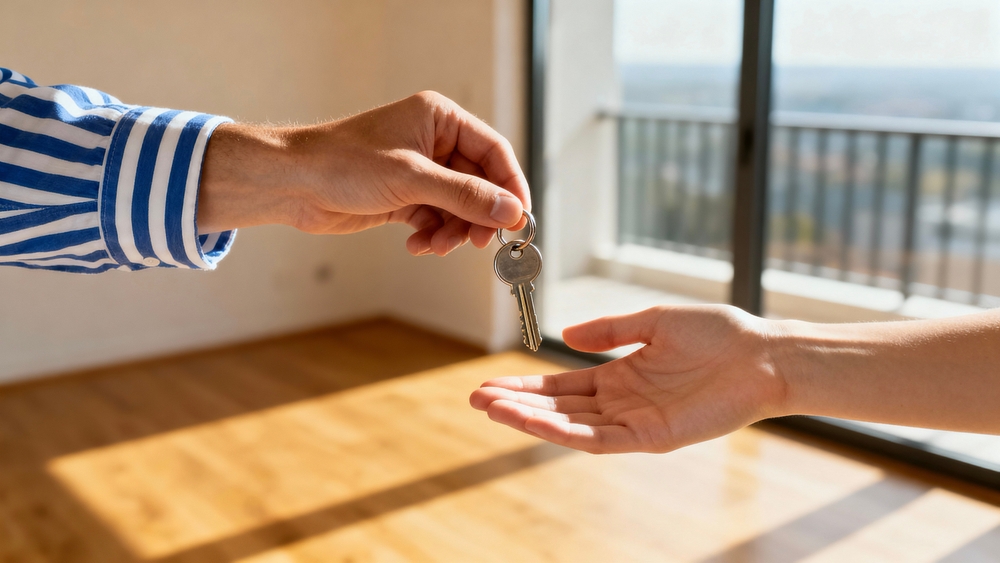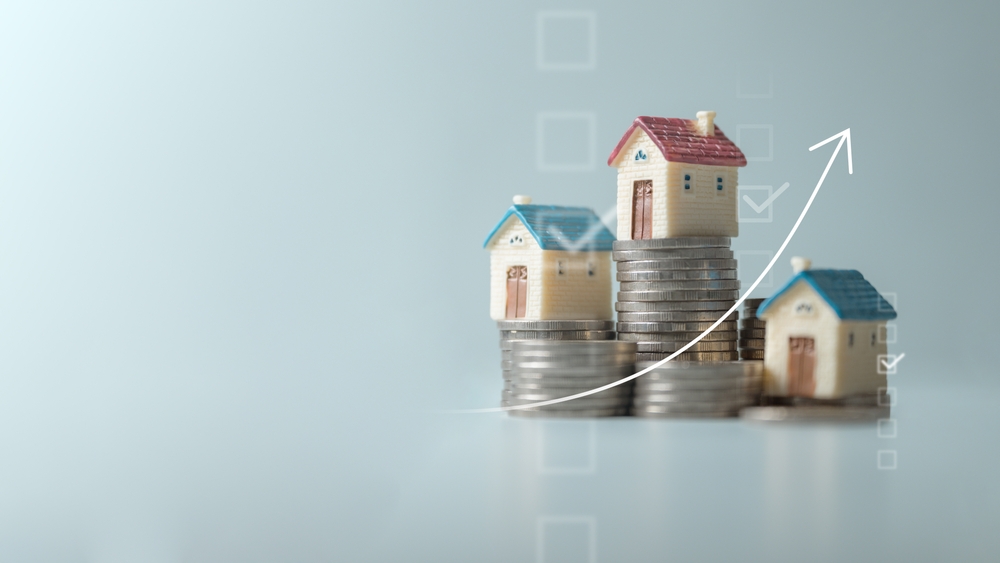
This guide walks HOA boards through the essential elements of a strong emergency plan, offering practical strategies for protecting residents, property, and peace of mind.
While most emergencies are unpredictable, how your HOA responds shouldn’t be. Whether it’s a flood, fire, pandemic, or civil unrest, your community will fare better with a structured response plan in place. A comprehensive emergency preparedness plan helps your association:
Waiting until disaster strikes to act is a risk no board should take.
Start by assessing the risks most relevant to your community. Threats can vary widely depending on your HOA’s:
Once identified, prioritize these risks and begin building your plan around the most pressing vulnerabilities.
To protect residents and mitigate damage, your HOA’s emergency plan should address these fundamental elements:
1. Chain of Command
Clarity during a crisis is critical. Establish a clear hierarchy of responsibility so everyone knows who is in charge. Typically, the board president serves as the primary point of contact, with the property manager next in line. Assign roles for communications, safety coordination, and vendor liaison duties. Document this structure and ensure backups are named in case key players are unavailable.
2. Community Site Plan
Create and maintain a detailed map of the community, highlighting:
This visual reference should be readily accessible to board members, staff, and first responders.
3. Evacuation and Shelter Procedures
Outline step-by-step procedures for evacuating the property. Include:
For high-rise communities, include stairwell access and elevator shutdown procedures.
4. Communication Plan
Your emergency communication strategy should include:
In times of uncertainty, clear and consistent messaging builds trust and reduces panic.
5. Insurance and Documentation
Make sure your HOA’s insurance policies are current and accessible. Include:
Keep digital backups and paper copies in secure, fireproof locations.
6. Photos and Inventory
Take dated photos of all common areas, structures, and assets before disaster strikes. These visuals will be critical for insurance claims and repair planning. Update your photo inventory annually.
7. Designated Meeting Point
Choose a safe, visible location where residents can gather post-disaster for information, resources, or support. This helps maintain order and ensures a centralized location for updates and coordination.
8. Vendor and Contractor List
Compile a list of pre-screened vendors—especially those skilled in debris removal, emergency repairs, plumbing, electrical, and security. List multiple options for each service in case your preferred vendor is unavailable.
9. Debris and Cleanup Strategy
Post-disaster debris management must be safe, efficient, and compliant with local regulations. Designate temporary debris staging areas and work with your haulers to coordinate special pickups. Expect delays during major disasters and prepare to manage temporary storage onsite if necessary.
10. Post-Emergency Recovery Plan
Once the immediate danger has passed, your HOA will need a recovery framework to:
Don’t forget to debrief and document lessons learned once recovery efforts are complete. These insights will strengthen future preparedness.
Emergency response often comes with a price tag. Your HOA’s annual budget should include a reserve fund allocation for unexpected events. Consider:
Review your insurance policy annually to confirm it aligns with potential risks, and consult professionals to estimate response costs based on your community’s specific vulnerabilities.
A plan is only effective if your community understands it. Distribute the emergency plan through:
Encourage participation in preparedness events like fire drills or emergency supply drives. The more familiar residents are with the process, the better they’ll respond when needed.
Conclusion: Planning Now Protects Later
Your HOA's emergency preparedness plan isn't just a policy—it's a commitment to safety, transparency, and proactive leadership. From natural disasters to public health crises, a well-crafted plan minimizes risk and maximizes the community’s ability to recover.
If your board needs support creating or updating your HOA emergency plan, Gordon James Realty is here to help. Our experienced management team can guide you through every phase—from risk assessment and vendor coordination to policy documentation and communication strategies. Learn more about our HOA management services and contact us today to start building a more resilient community.

A complete guide for landlords on building a tenant welcome packet that improves communication, reduces issues, and supports long-term tenant retention.

Discover 7 creative ways to finance rental property without traditional loans and learn how investors build portfolios with flexible strategies.
We're proud to make partnering with us easy. Contact our team to connect with one of our industry experts and get started today.